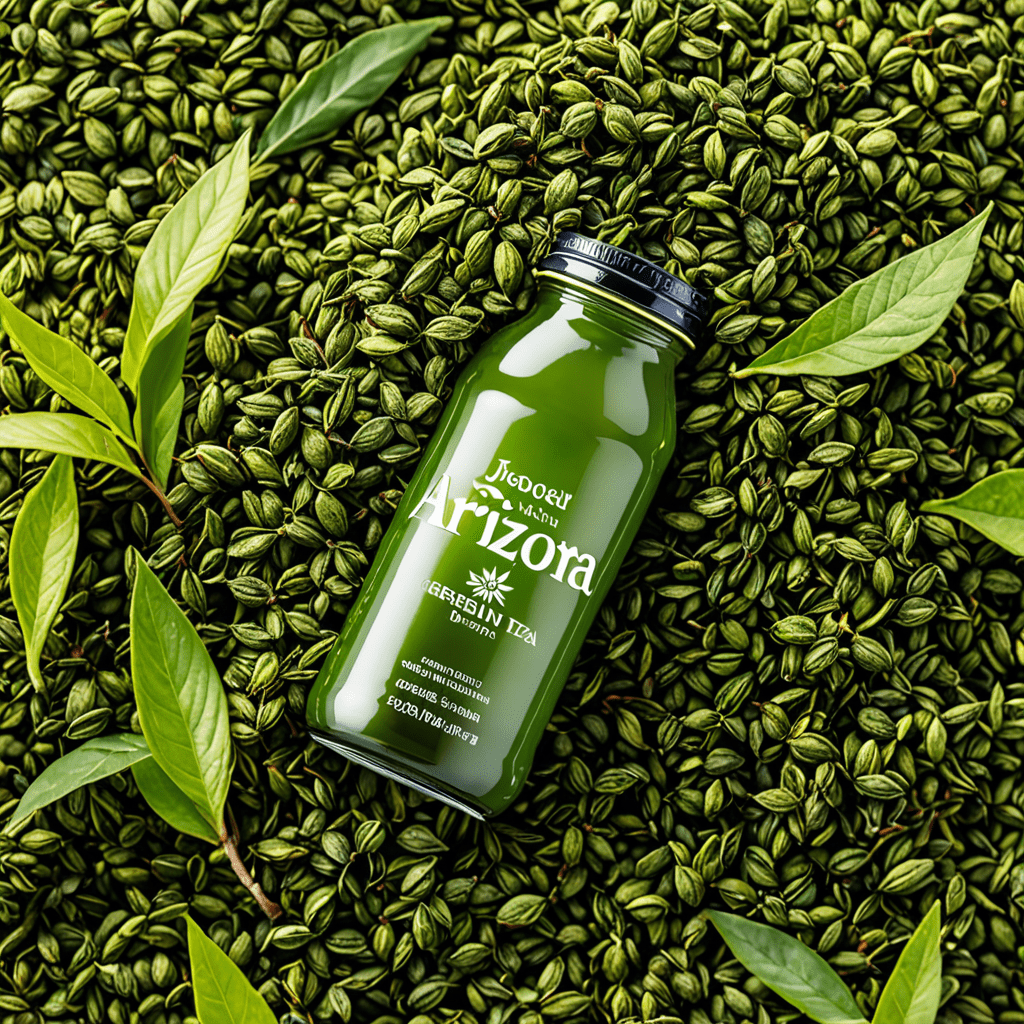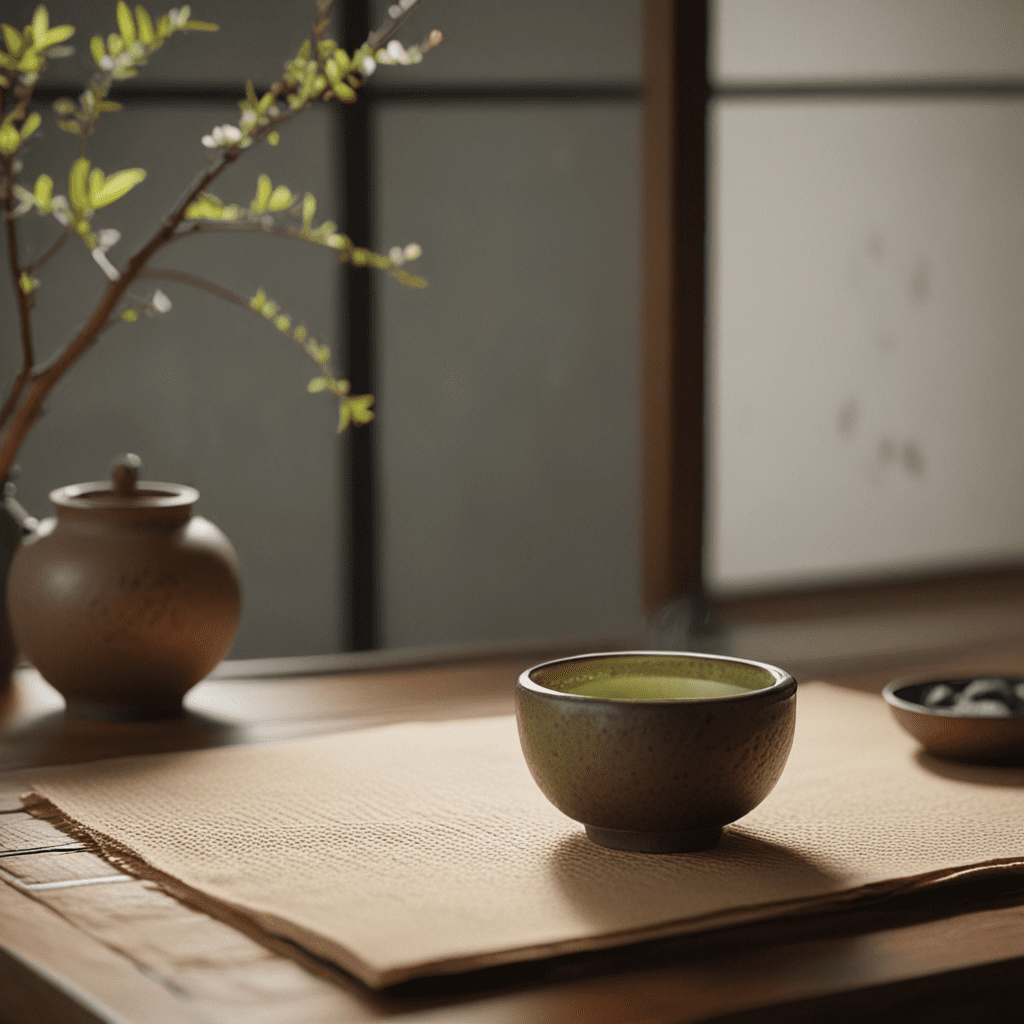Introduction: The Allure of Ceylon Tea
Step into the serene world of Ceylon tea, where tranquility unfolds with every sip. Originating from the lush hills of Sri Lanka, this exquisite beverage has captivated tea enthusiasts for centuries with its unparalleled flavor and calming effects. Embark on a journey of discovery as we delve into the rich heritage, therapeutic benefits, and mindful rituals associated with Ceylon tea.
Origins and History: A Heritage of Calm
The story of Ceylon tea begins in the misty mountains of Sri Lanka, formerly known as Ceylon. In the mid-19th century, British planters introduced tea plants to the island's fertile soil, and the industry flourished rapidly. Over the years, Ceylon tea has gained international acclaim for its exceptional quality, becoming synonymous with relaxation and well-being.
The Health and Wellness Benefits of Ceylon Tea
Beyond its delightful taste, Ceylon tea offers a myriad of health benefits. Rich in antioxidants, it helps protect against cellular damage and inflammation. Its natural caffeine content provides a gentle boost of energy without the jitters associated with coffee. Furthermore, studies have shown that Ceylon tea may support heart health, improve digestion, and boost cognitive function.
Preparing the Perfect Cup: A Ritualistic Approach
Brewing Ceylon tea is an art form in itself. To fully appreciate its delicate flavors, follow these mindful steps:
- Use high-quality, loose-leaf Ceylon tea.
- Heat fresh water to a specific temperature (typically 180-195°F).
- Steep the tea leaves for an optimal time (usually 3-5 minutes).
- Remove the tea leaves and savor the aromatic infusion.
By approaching tea preparation with intention and care, you transform it from a mere beverage into a ritual that fosters relaxation and mindfulness.
Tasting and Appreciation: Savoring the Subtleties
True tea appreciation lies in the act of tasting and savoring its nuanced flavors. Ceylon tea is characterized by its bright, slightly astringent taste with hints of citrus, spice, and florals. As you sip, pay attention to the aroma, body, and finish. By engaging all your senses, you unlock the full sensory experience of this exceptional tea.
6. Mindfulness with Tea: A Path to Inner Serenity
Tea has long been associated with mindfulness and meditation practices. The act of preparing and sipping tea encourages a state of presence and awareness. As you focus on the aroma, taste, and warmth of the tea, your mind naturally slows down and becomes more attuned to the present moment.
7. Tea Ceremonies: Ancient Rituals for Modern Tranquility
Tea ceremonies have been practiced for centuries in cultures around the world, serving as a means to cultivate tranquility and foster connections. From the elaborate Japanese tea ceremony to the more informal British tea party, these rituals provide a structured framework for savoring tea while engaging in mindful practices.
8. Finding Peace in the Tea Garden: A Sensory Oasis
Immerse yourself in the tranquility of a tea garden, where rows upon rows of verdant tea bushes create a picturesque setting. Take a leisurely stroll through the garden, breathing in the fresh, earthy scent of the tea leaves. Observe the delicate flowers and listen to the gentle rustling of the leaves, allowing nature's beauty to soothe your senses.
9. Tea and Art: Cultivating Creativity and Well-being
The serene atmosphere created by Ceylon tea can inspire creativity and artistic expression. Whether it's painting, writing, or playing music, the calming effects of tea can help you tap into your creative side. Engage in art while sipping on a warm cup of tea, allowing the flavors and aromas to enhance your imagination.
10. Conclusion: Embracing the Tranquil World of Ceylon Tea
Discover the tranquility that awaits you in the world of Ceylon tea. Embrace its rich heritage, savor its health benefits, and engage in mindful rituals that promote inner peace. From the moment you prepare your first cup to the last sip, Ceylon tea offers a journey of well-being and serenity.
FAQs
What is the difference between Ceylon tea and other teas?
Ceylon tea is grown exclusively in Sri Lanka and is known for its bright, slightly astringent flavor with hints of citrus, spice, and florals. It is also higher in antioxidants than other teas.
How can I prepare the perfect cup of Ceylon tea?
Use high-quality, loose-leaf Ceylon tea and heat fresh water to a specific temperature (typically 180-195°F). Steep the tea leaves for an optimal time (usually 3-5 minutes) and remove the leaves before enjoying.
What are the health benefits of Ceylon tea?
Ceylon tea is rich in antioxidants, which protect against cellular damage and inflammation. It may also support heart health, improve digestion, and boost cognitive function.
How can I use Ceylon tea to promote mindfulness?
Engage in mindful tea rituals by focusing on the aroma, taste, and warmth of the tea. Take time to appreciate the present moment and allow the calming effects of tea to soothe your mind and body.


